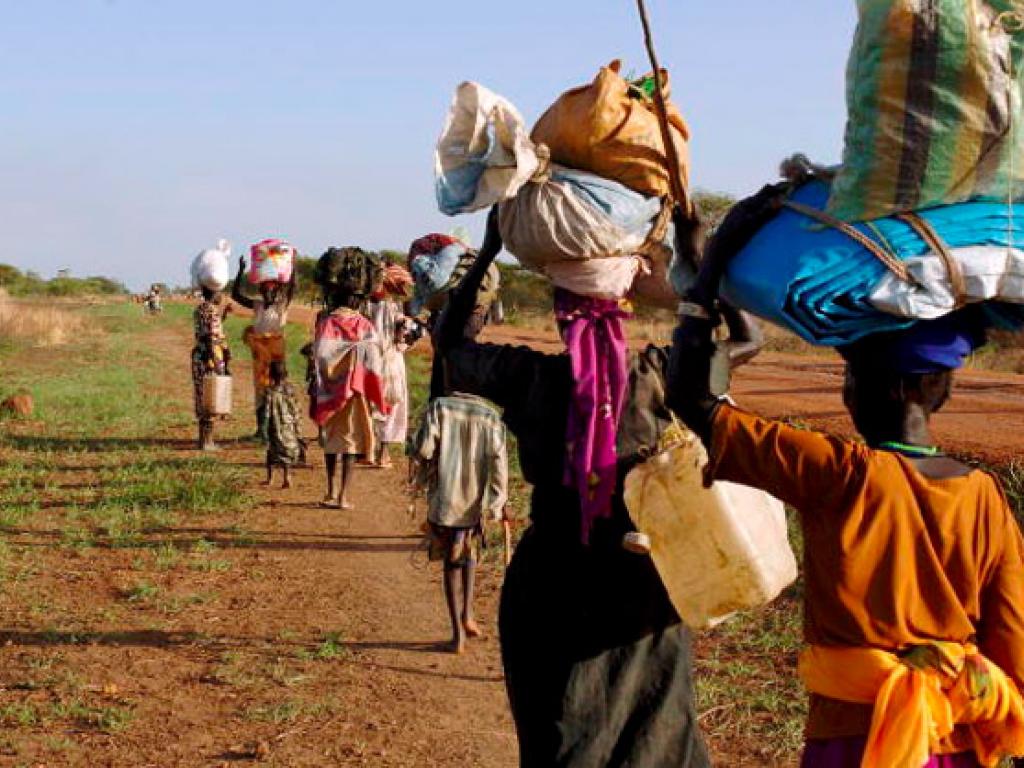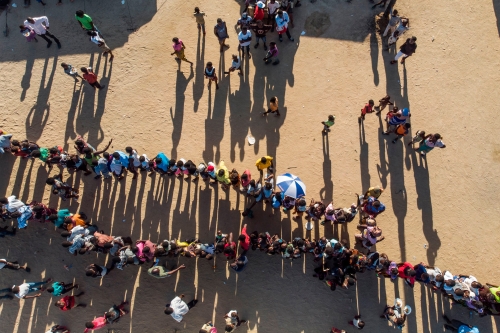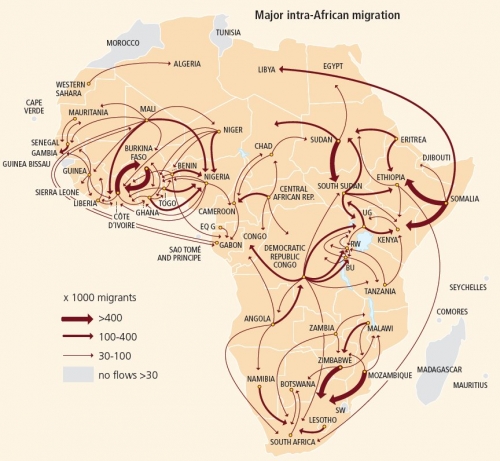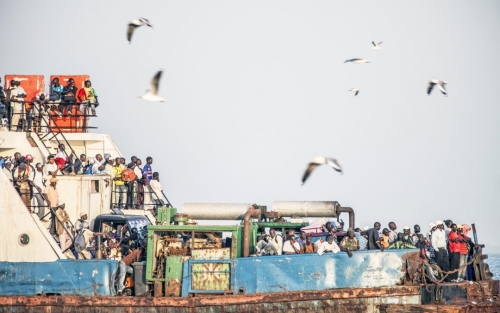UCT Involvement in the World’s Largest Migration Project


Dr Faisal Garba, from the Department of Sociology is currently in discussions with colleagues from Coventry University (UK) to set up the structure for the UKRI GCRF South-South Migration, Inequality and Development Hub to lead the project’s research in South Africa. The Hub has received a funding of £20 million pounds over 5 years to examine the relationships between migration and inequality in the context of the Global South, focusing on 12 countries in Africa, Asia South America and the Caribbean organised around 6 ‘migration corridors’ of countries between which there are significant two-way flows of people, resources, knowledge and cultural and linguistic capital.
What does this opportunity present? Dr Garba says that it provides “an opportunity to think seriously about the embeddedness of mobility in South Africa and in Africa: the positioning of a continually diverse population, their material conditions in a context marked by deep historical and ongoing inequalities, and shifts in the basis of identity and belonging, the forms of solidarity that are built by working class migrants across the African Continent and beyond.” The project hopes to study African migration and migration in the Global South (where the bulk of human mobility occurs) on their own terms, not in the shadows of the largely evidence-free moral panic about migration to Europe and North America.
According to Dr Garba, ahistorical accounts of the peopling of society have produced misguided understandings of the place of migration in society. The work to be undertaken by the Hub will approach migration from the perspective of the production and reproduction of inequality, situating these relationships within wider processes of economic, social and political change. This will require looking at human, ideational, and material exchanges in Africa and the Global South. Central to this is the need to think society as process and mobile, instead of as essence and fixed.
A significant aspect of this project will be a series of activities with communities formed by people who have come to share a space and livelihood, with all the attendant contradictions – tensions and solidarity.

Dr Garba comments that it is important to study the impact of mobility from an independent standpoint. He said, “perspective is important: we need to take seriously where we find ourselves, in Africa and the global South and ask ourselves ‘What does it mean to think of African migration in a global context from an African location?’. This will require a systematic consideration of Issues of co-existence, solidarity; moments of tension, working together and competition all need to be considered. The range of complexity of people’s encounters and the variation in their material conditions need to be understood in order to truly understand the migration situation, which is integral to the human condition in an Africa and Global south differentially marked by global inequality”.
It is hoped that UCT will join the Hub by the end of September 2019. At least 3 or 4 post-doctoral students from UCT will be involved in the project.
